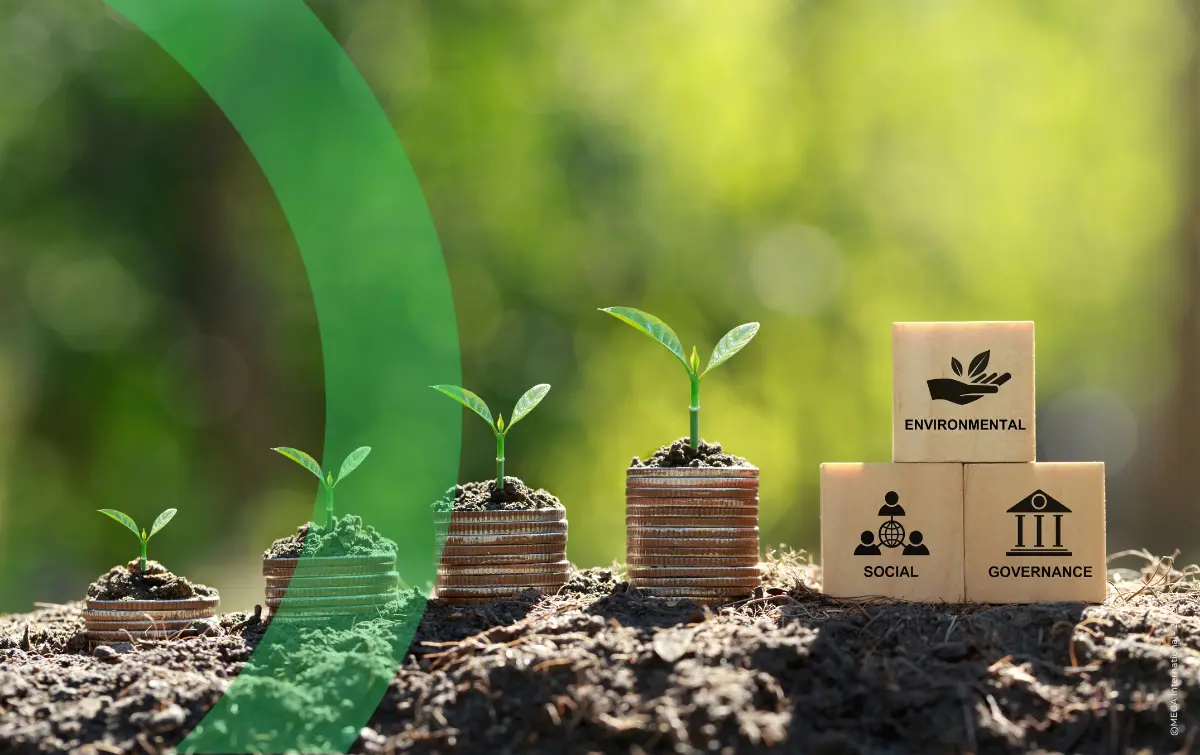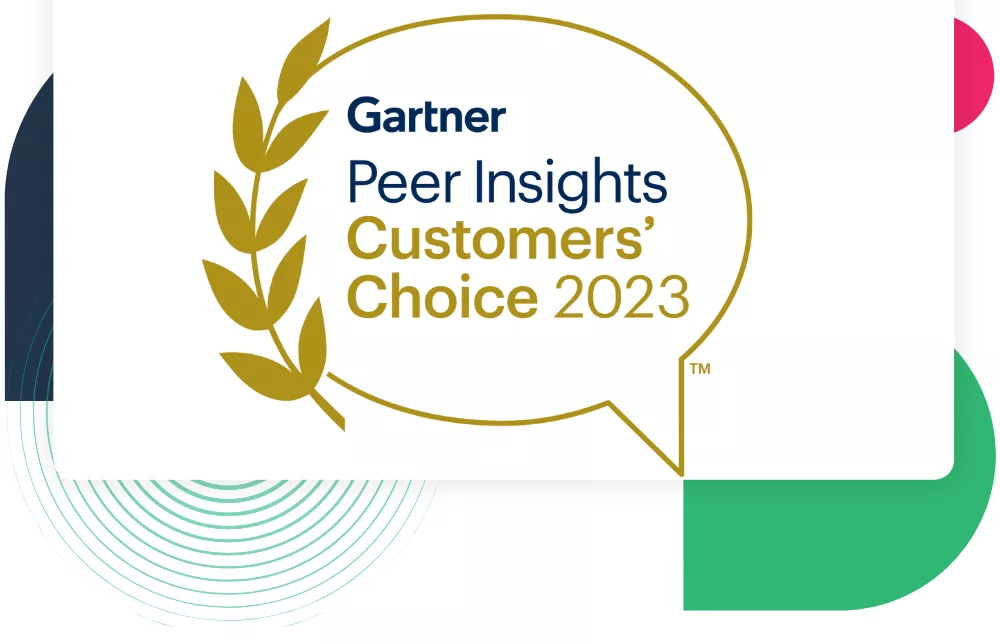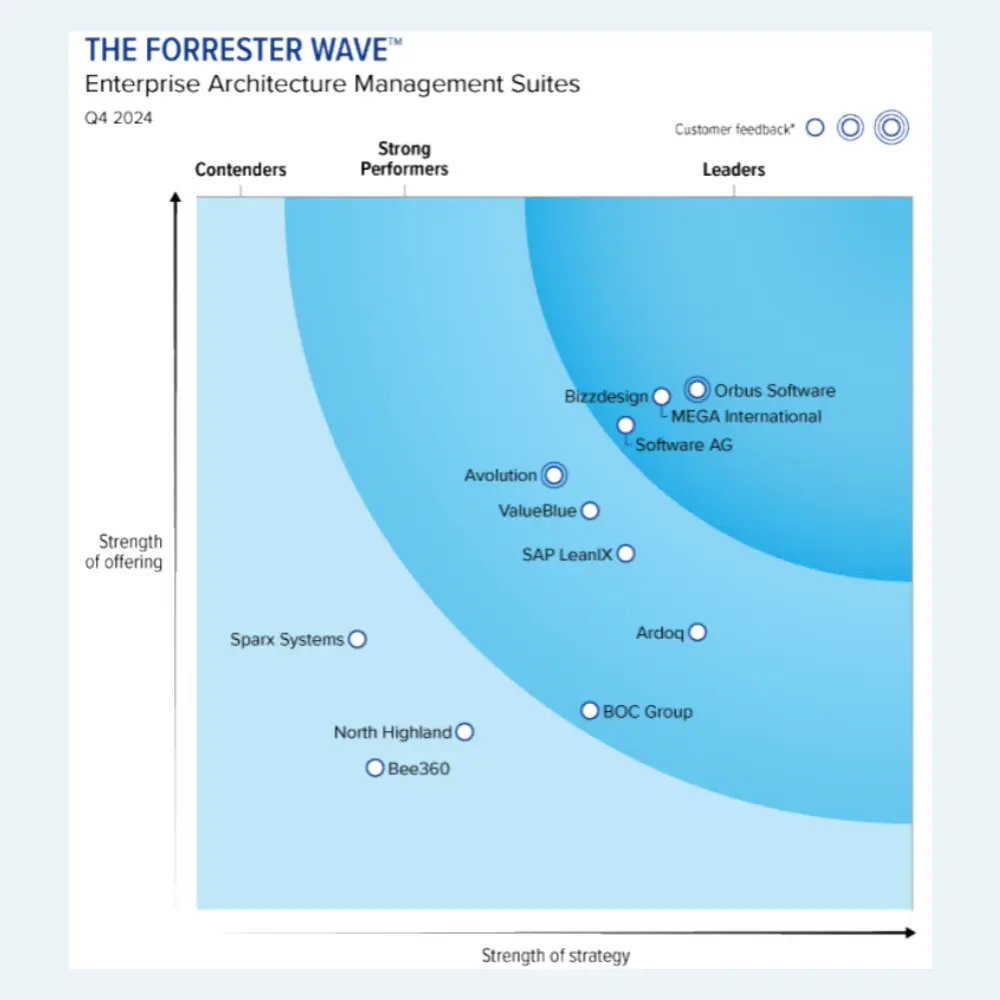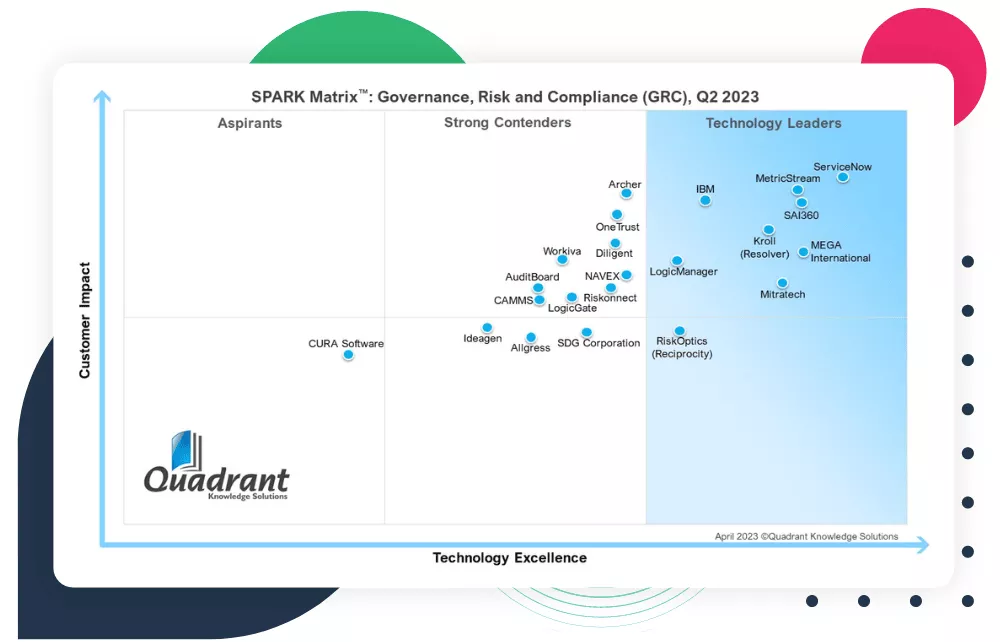
Sustainability as a process of continuous improvement
Interview with Luca de Risi – Chief Executive Officer- MEGA International
What is your vision of corporate social responsibility?
Today, ecological concerns and the objectives of reducing greenhouse gas emissions linked to human activity are taking a more concrete turn. Beyond fears of a negative image or legal constraints, sustainability in the business world must proceed from a deep conviction - with a broader interest in our natural ecosystem, our contemporaries, and future generations.
At MEGA, the first actions in favor of the environment came from the employees: they played a driving role in the company's Corporate Social Responsibility (CSR) policy. Our company has adopted a pragmatic and collaborative approach for two years: pragmatic by integrating social and environmental aspects, and collaborative because nothing sustainable can be achieved alone. The involvement of all stakeholders is a guarantee of efficiency. The objective is to create sustainable value chains that reduce the impact on the environment, improve efficiency, and contribute to the well-being of employees. After all, profitability and virtuous practices are not mutually exclusive, quite the opposite.
How to integrate virtuous cycles into every business process?
It is not easy to change business models, but we are aware that it’s urgent to act, even on a small scale, step by step. Beyond social aspects, environmental issues are emerging as a major challenge. For a digital company like MEGA, it was obvious to focus on green IT and the eco-design of its products. The strategy consists of making a clear commitment to sustainable development, with the desire to go as far as possible, within our means, for the ecological transition.
Aligning with the UN Sustainable Development Goals compass helps to build a common language and a path of progress with a solid framework. This is an important step to demonstrate goodwill and integrate sustainability into the business model.
Based on the principle that an effective strategy must proceed from an internal approach first, then "trickle down" to partners, suppliers, and customers, MEGA has, for example, adopted an eco-responsible charter which includes a set of values and guidelines to integrate the process of continuous improvement of internal and external actions with its stakeholders. Creating a CSR committee is also key to structuring our CSR approach and mobilizing stakeholders as widely as possible.
Why is Sustainable ICT part of the strategy?
For a digital player, a sustainable ICT approach is a priority on two levers: determination to lower consumption and increase innovation. At MEGA, the approach resulted in the adoption of sustainability criteria in the development cycle of its integrated enterprise architecture platform, HOPEX.
By improving code efficiency, CPU utilization, data writing, and screen display, the solution now focuses on core functions by limiting superfluous functions and reducing space and the resources necessary for the operation of the software. The tool can decommission unused functionalities for customers, or a purely optional provision, reducing its use and impact. For example, an insurance company reduced the consumption of its servers by 50% based on the criticality of the hosted applications.
On the green IT aspects, various initiatives are available to reduce the carbon footprint of the information system. This aims to avoid and reduce negative impacts by extending the duration of use and optimizing servers and applications. Thus, carbon intensity is reduced thanks to machine configurations and product improvements. Over one year, the use of our SaaS solution, for example, increased by 13%, while the carbon impact fell by 3.6%. In addition to this effort, there are energy savings through awareness-raising actions for the maintenance of equipment, the reduction of digital pollution, or the control of printing.
What is the role of ESG assessments?
The number of CSR and Environmental, Social, and Governance (ESG) standards, ratings, and rankings has increased significantly in recent years. The evaluation system based on sustainability criteria has thus developed and influenced how companies disclose their performance. The carbon footprint assessment, which MEGA has been carrying out since 2020, helps, for example, to evaluate the impact of the activity and adapt the approach to contribute to global neutrality.
As one of the leaders in corporate sustainability ratings, Ecovadis has placed MEGA in the top 20% of companies of comparable size rated in its sector, with the awarding of the “Silver medal” in 2021 and 2022. This ranking is based on an assessment of actions on four aspects: environment, human rights, ethics, and sustainable procurement. This diagnosis allows our company to measure its strengths and what can be improved to increase the effectiveness of our actions and their impact on the ecosystem in an iterative mode and over the long term.
MEGA Leadership Related Content
See the Bigger Picture and Accelerate Business Value
Discover how organizations rely on us to transform their IT
Hear More From Companies Like Yours






